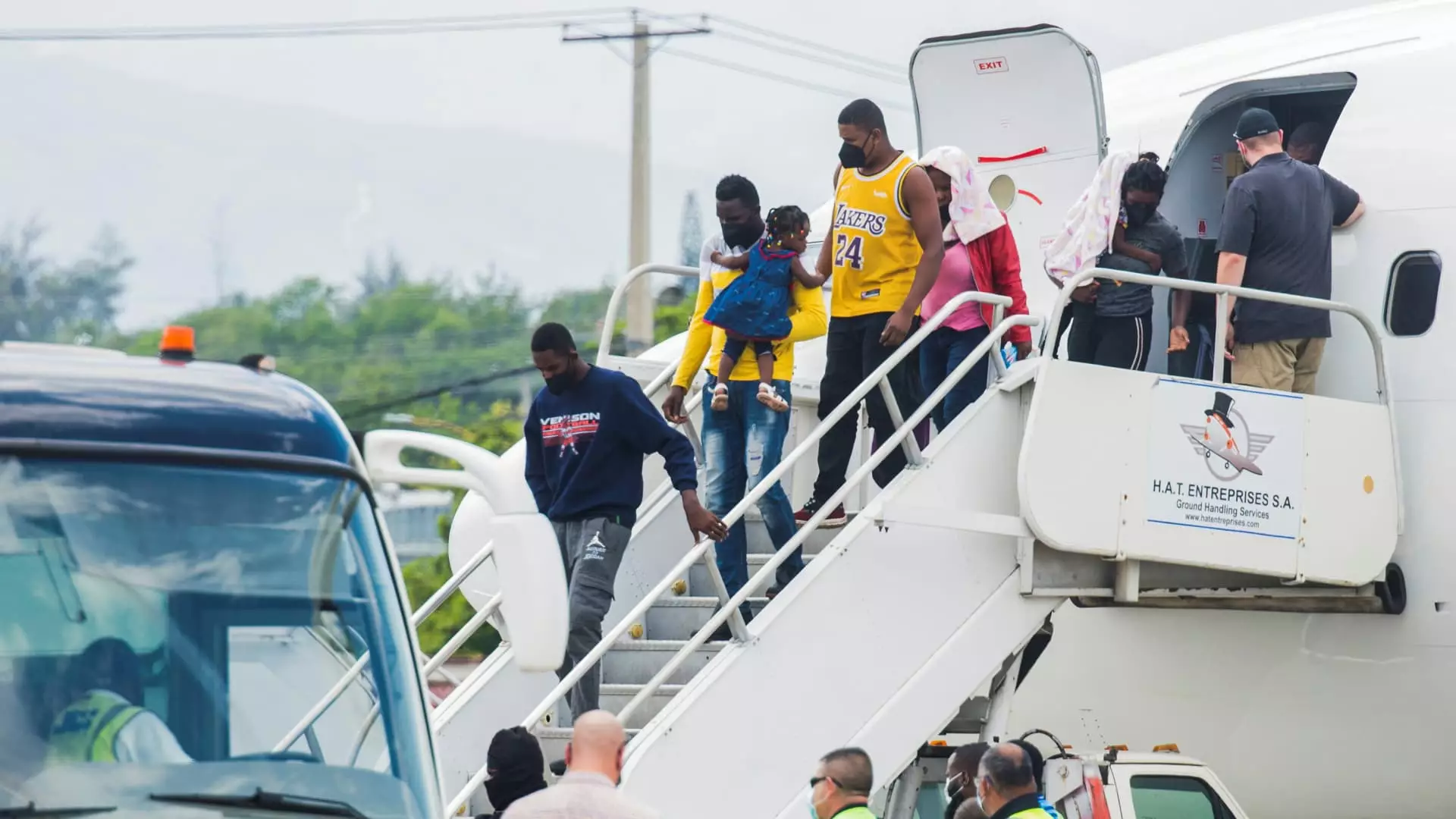The decision by the Trump administration to cancel the extension of Temporary Protected Status (TPS) for Haitians has renewed the debate surrounding immigration policies in the United States, especially in light of the chaos that has engulfed Haiti in recent years. This move contrasts with the earlier commitment by the Biden administration, which had temporarily protected Haitians seeking refuge from the dire conditions in their home country. This article will dissect the implications of the TPS cancellation and unpack the complexities surrounding immigration legislation as it relates to countries in crisis.
Initially granted to Haitians in response to the devastating earthquake in 2010, TPS has evolved over the years to provide relief to those unable to return due to ongoing crises, including natural disasters and political instability. The Biden administration extended TPS until February 2026, recognizing the humanitarian needs arising from an escalating wave of violence, economic instability, and political chaos in Haiti. However, in a sudden turn of events, Homeland Security Secretary Kristi Noem announced that TPS would revert to its original status—temporary—effective August 3. This policy reversal raises critical questions about the stability and security of thousands of Haitian immigrants in the United States.
Haiti’s plight is severe, marked by rampant gang violence that has consumed the nation. The security situation deteriorated dramatically following the assassination of President Jovenel Moïse in July 2021, leading to increased instability and violence across the country. Reports from the United Nations indicated that gang-related violence, including extrajudicial killings, pervasive insecurity, and devastation of homes and communities, reached alarming levels in 2024, with at least 5,600 reported deaths. Sending back individuals to a country engulfed in such turmoil is an act that many critics deem unconscionable.
Advocacy groups argue that terminating TPS undermines the contributions that Haitians have made to American society and economy. They highlight that these individuals are not only survivors of violence and turmoil but also integral members of local communities, working in essential industries like healthcare and hospitality. Their deportation could decimate trade and labor sectors already suffering from shortages.
The ethical implications of the Trump administration’s TPS cancellation cannot be overstated. Beatriz Lopez, co-executive director of the Immigration Hub, highlighted the plight of half a million Haitians—families, workers, and parents—who have built lives in the U.S. The shift in policy is seen as a deliberate act of cruelty that refreshes long-standing fears about deportation and the potential fracturing of families, especially those with children born in the U.S.
This scenario calls into question the integrity of the immigration system itself. Does it prioritize security over humanity, or does it have any real consideration for the lives it affects? The removal of a protective status that has allowed Haitian immigrants to live without the constant fear of deportation underlines a broader theme of what U.S. immigration policy is designed to achieve. Critics of the decision assert that true national security comes from compassion and understanding of global conditions, not from exclusion and isolationism.
As TPS for Haitians comes to an abrupt end, uncertainty looms large for those affected. Immigrants who relied on this protection now face the daunting prospect of deportation to a nation struggling to provide safety and basic human rights. The cancellation of TPS will likely lead to increased anxiety and a sense of abandonment within the Haitian community, compelling families into the shadows while the psychological toll continues to mount.
The Biden administration’s initial extension signified an understanding of the humanitarian crisis in Haiti. However, an unwavering commitment to protecting vulnerable populations will require continuous advocacy and engagement from lawmakers and citizens alike. As the landscape shifts, the plight of Haitian immigrants highlights an urgent need for policies that reflect ethical convictions, prioritize human rights, and affirm the U.S. commitment to being a sanctuary for those in need. Only time will tell how the evolving narrative of immigration policy will address these humanitarian challenges.

Leave a Reply